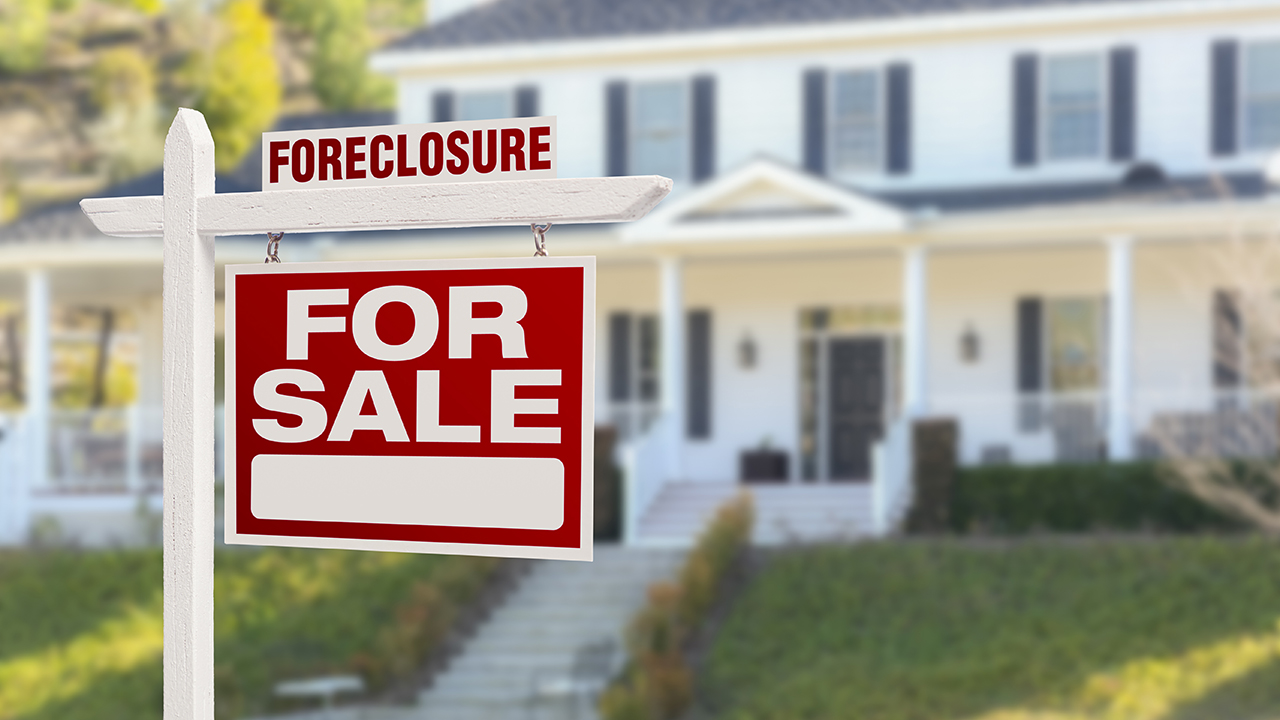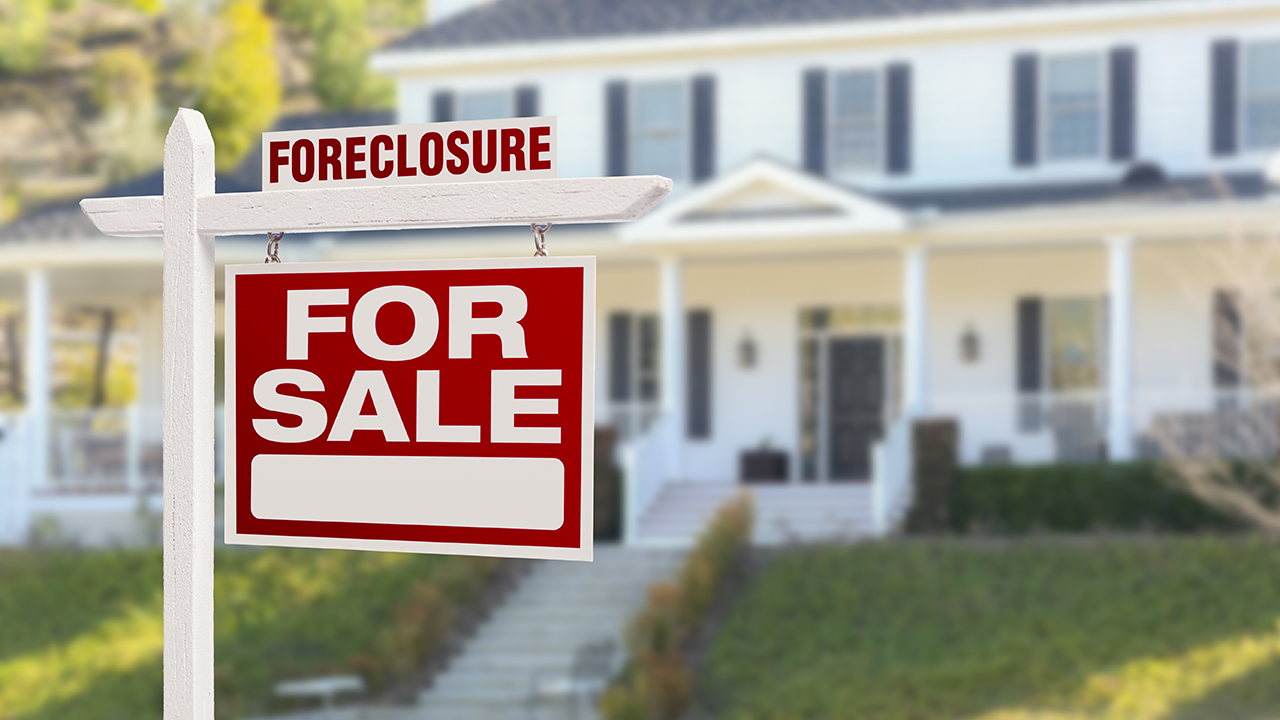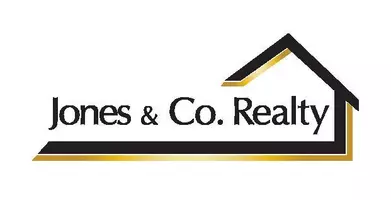-

An increase in foreclosure rates will inevitably bring with it an increase in short sales. But what is a short sale? A short sale happens when you sell your house for less than your remaining mortgage balance, the proceeds of which go to the lender and in return the lender forgives the remaining bal
Read More -

It is an unfortunate commentary, but when economic activity declines and housing activity decreases, more real property enters the foreclosure process. High interest rates and creative financing arrangements are also contributing factors. When prices are rapidly accelerating during a real estate “bo
Read More
Categories
Recent Posts

How to Create a Brag Book for Future Homebuyers: A Seller’s Guide to Highlighting Your Home’s Best Features

Declutter Your Kitchen in Just 10 Minutes: Simple Tips for a Clean, Efficient Space

Not All Lenders Are the Same: Understanding Your Home Financing Options

How to Redecorate Your Home to Entice Buyers: Tips for a Fresh, Market-Friendly Look

Understanding the Hidden Costs of Buying a Home

4 DIY Jobs Sellers Should Stop Doing: Avoid Common Mistakes That Can Cost You

Navigating an Offer to Purchase: Your Step-by-Step Guide

Home Inspections and Common Problems: What Sellers and Buyers Need to Know

What to Look for During Your Home Tour

Critical Home Seller Mistakes and How to Avoid Them
